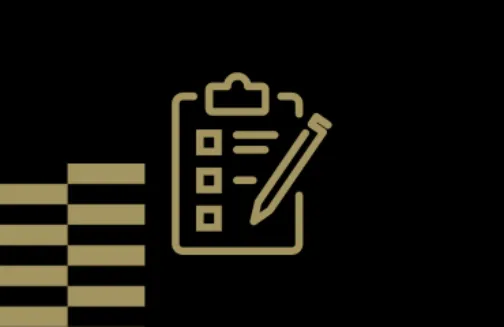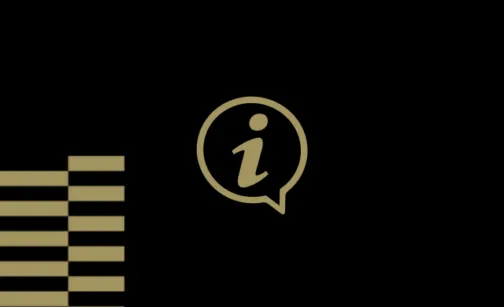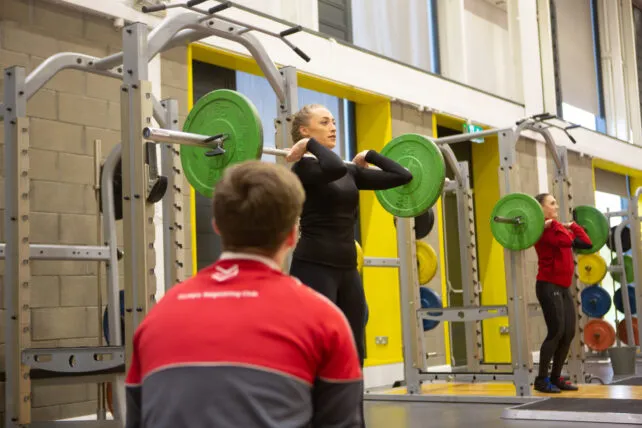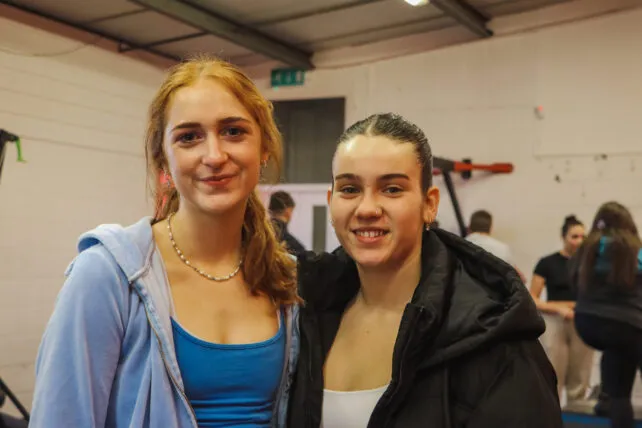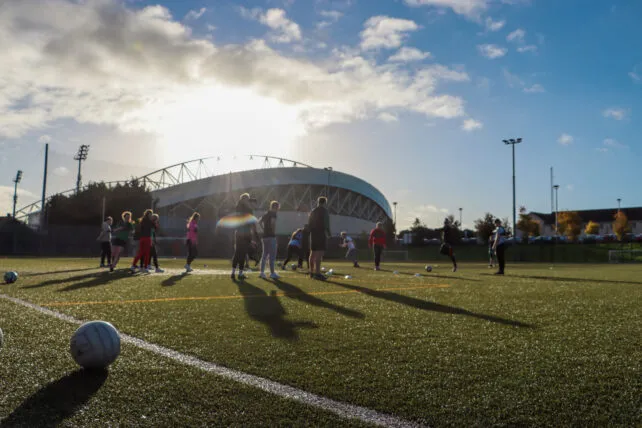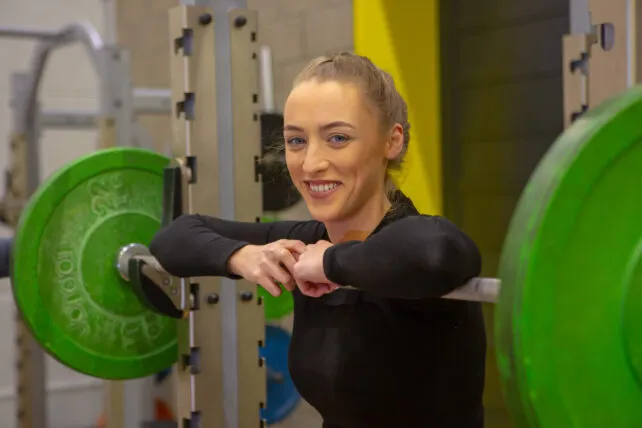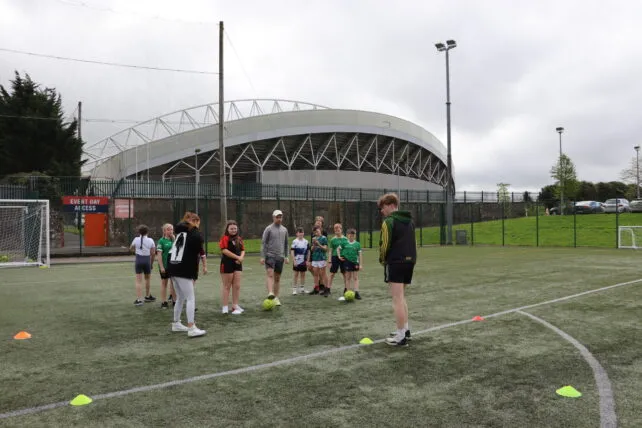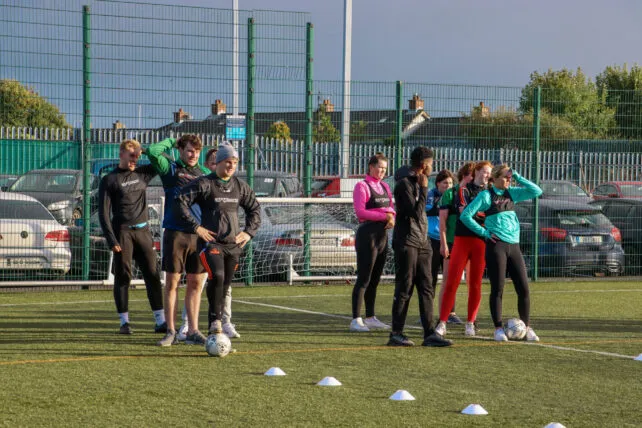The BSc (Hons) Applied Sports Science with Performance Technology prepares students to work in an emerging field of sports analysis. This course is underpinned with exercise science to provide students with the background knowledge of developing sports performance.
The course content will be delivered through theory and practical classes. This course focuses on the applied nature of exercise science with the addition of sports analysis. We place a significant emphasis on preparing students to be able to deliver the knowledge through practical coaching sessions. In addition, we aim to prepare students to be industry-ready.
Over the four years, students will study the core elements of exercise science, such as components of fitness, the principles of training, sports nutrition, sports psychology, and learn how to analyse biomechanical movements and the science of sport. Students will then specialise in performance technology. Specialist content includes; GPS technology, pre, post, and live sports event analysis, creating an athlete’s needs analysis, talent identification, and recruitment. Covering the course content will allow students to take the ITEC gym instruction qualification exam.
A core element of the course is the applied nature of the study. Consequently, the modules have significant practical elements that focus on the competencies necessary to coach and analyse the athletes’ performance in their chosen sport. The role of a performance analyst in sports has grown in recent times. This course offers students an opportunity to gain a qualification in exercise science while specialising in performance analysis. We place a significant emphasis on preparing students to assess sports performance, design interventions, and recommend strategies to improve performance. This course is designed to provide students with the knowledge and skills to support the coaches and athletes in their performance improvements.
**Please note that Garda Vetting is a requirement for this course.**


